When it comes to the world of additive manufacturing, few topics generate as much curiosity and technical intrigue as REP powders. These finely milled metal powders are the cornerstone of various cutting-edge manufacturing processes, enabling the creation of complex, high-performance parts that would be impossible to produce using traditional methods. If you’re delving into the realm of REP powders, whether for research, procurement, or mere curiosity, this comprehensive guide is crafted just for you.
Overview of REP Powders
REP, or Rapid Engineering Prototyping powders, are specialized metal powders used in advanced manufacturing techniques like 3D printing, laser sintering, and other forms of additive manufacturing. These powders are typically composed of high-quality metals and alloys, and their applications span from aerospace to medical implants, automotive parts, and beyond.
Key Characteristics of REP Powders
- Composition: Ranges from pure metals to complex alloys.
- Particle Size: Uniform and finely milled for precision.
- Purity: High level of purity to avoid defects in final products.
- Flowability: Optimized for smooth handling in manufacturing equipment.
- Reactivity: Tailored to specific manufacturing processes to prevent unwanted reactions.
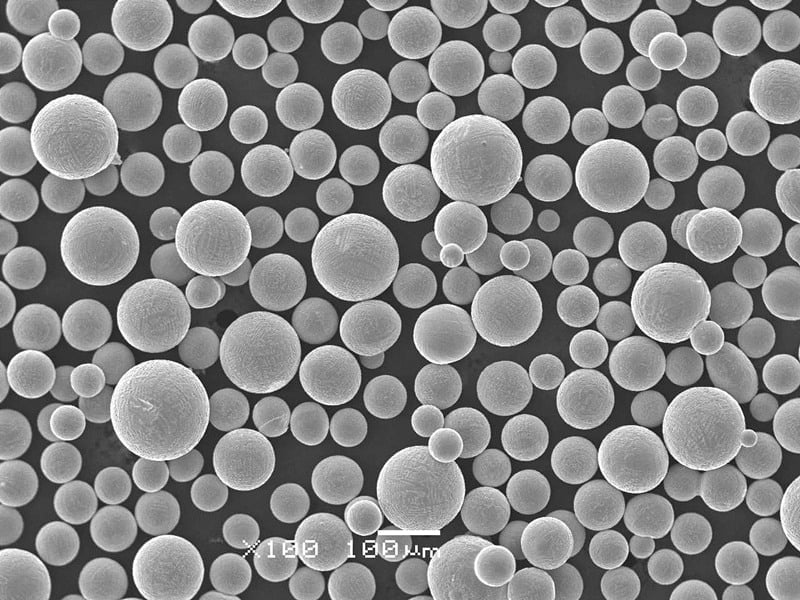
Types of REP Powders
The market for REP powders is diverse, encompassing various types tailored to specific applications and performance requirements. Below, we list some of the most prominent models:
| Model | Composition | Properties | Applications |
|---|---|---|---|
| Ti-6Al-4V | Titanium alloy | High strength, lightweight, biocompatible | Aerospace, medical implants |
| Inconel 718 | Nickel-chromium alloy | Heat resistant, corrosion resistant | Aerospace, gas turbines |
| 316L Stainless Steel | Stainless steel | Corrosion resistant, good mechanical properties | Medical devices, food processing |
| AlSi10Mg | Aluminum alloy | Lightweight, good thermal properties | Automotive, aerospace |
| CoCr | Cobalt-chromium alloy | Wear resistant, biocompatible | Dental implants, orthopedic implants |
| CuNi2SiCr | Copper-nickel-silicon-chromium | High electrical conductivity, wear resistant | Electrical components, automotive |
| Maraging Steel | Iron-nickel alloy | Ultra-high strength, good toughness | Tooling, aerospace components |
| Hastelloy X | Nickel-based alloy | Excellent high-temperature strength | Chemical processing, gas turbines |
| Nitronic 60 | Stainless steel | Excellent wear and galling resistance | Valve stems, fasteners, marine applications |
| Haynes 282 | Nickel alloy | High strength, excellent fabricability | Aerospace, industrial gas turbines |
Applications of REP Powders
The versatility of REP powders enables their use across a wide range of industries. Here are some of the primary applications:
| Industry | Applications |
|---|---|
| Aerospace | Engine parts, structural components |
| Medical | Implants, surgical tools |
| Automotive | Engine components, lightweight structures |
| Tooling | Molds, dies, and fixtures |
| Energy | Turbine blades, heat exchangers |
| Electronics | Conductive components, heat sinks |
Specifications, Sizes, Grades, and Standards
Understanding the technical specifications of REP powders is crucial for selecting the right material for your application.
| Model | Particle Size | Purity | Standards | Grades |
|---|---|---|---|---|
| Ti-6Al-4V | 15-45 µm | 99.9% | ASTM F2924, ISO 5832-3 | Grade 23 |
| Inconel 718 | 20-50 µm | 99.8% | AMS 5662, ASTM B637 | Grade 1 |
| 316L Stainless Steel | 10-40 µm | 99.5% | ASTM F138, ISO 5832-1 | Grade 316L |
| AlSi10Mg | 15-45 µm | 99.7% | ISO 3522 | Grade A |
| CoCr | 20-50 µm | 99.6% | ASTM F75, ISO 5832-4 | F75 |
| CuNi2SiCr | 10-40 µm | 99.9% | ASTM B151 | Grade 2 |
| Maraging Steel | 20-60 µm | 99.8% | AMS 6514, ASTM A538 | Grade 300 |
| Hastelloy X | 15-45 µm | 99.8% | AMS 5754 | N06002 |
| Nitronic 60 | 20-50 µm | 99.7% | ASTM A276 | UNS S21800 |
| Haynes 282 | 15-45 µm | 99.9% | AMS 5951, ASTM B917 | Grade 1 |

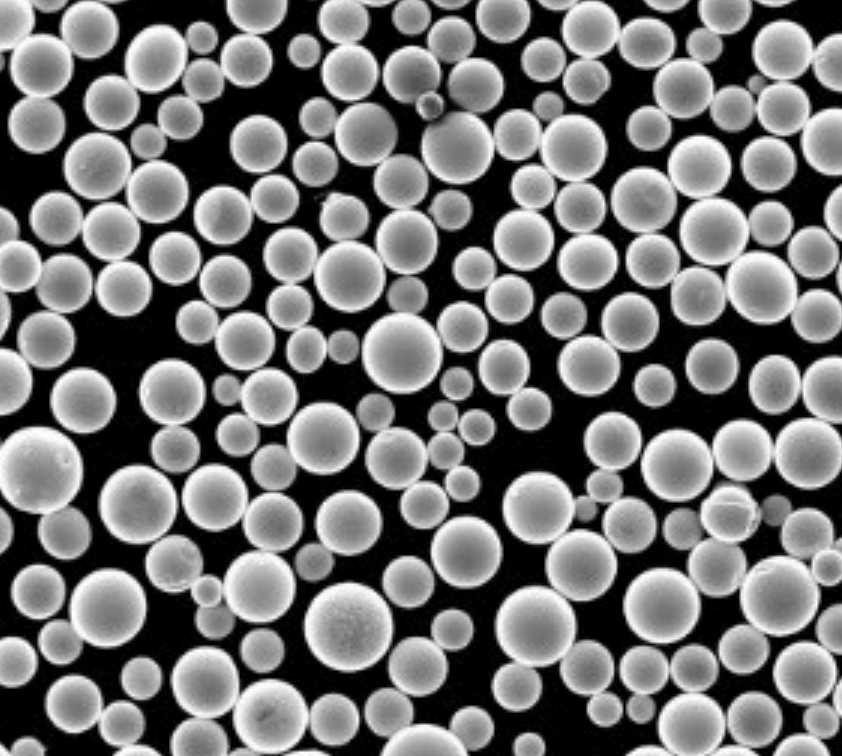
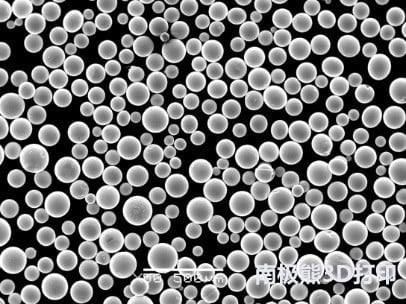
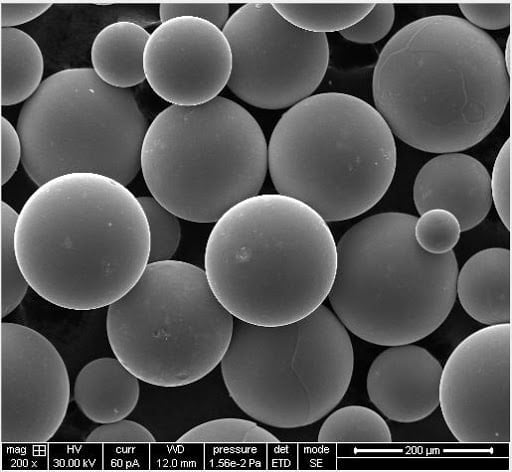
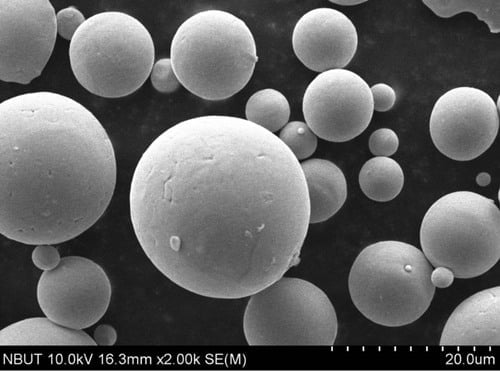
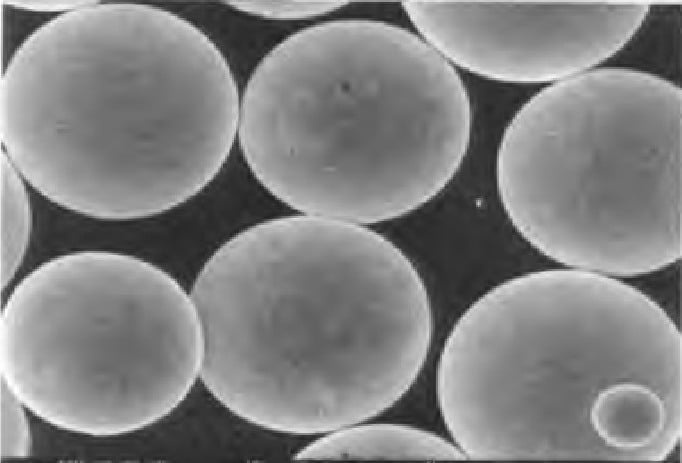
Suppliers and Pricing Details
Finding the right supplier can make a significant difference in the quality and cost-effectiveness of your project.
| Supplier | Location | Available Models | Pricing Range |
|---|---|---|---|
| Höganäs AB | Sweden | Ti-6Al-4V, Inconel 718, AlSi10Mg | $50 – $100 per kg |
| Carpenter Technology | USA | 316L Stainless Steel, CoCr | $60 – $120 per kg |
| Sandvik | Sweden | Maraging Steel, Hastelloy X | $70 – $140 per kg |
| Arcam AB | Sweden | CuNi2SiCr, Nitronic 60 | $55 – $110 per kg |
| GKN Additive | UK | Haynes 282, Inconel 718 | $80 – $160 per kg |
Advantages and Limitations of REP Powders
Every material has its strengths and weaknesses, and REP powders are no exception. Let’s break down their advantages and limitations:
| Advantages | Limitations |
|---|---|
| High Precision: Ideal for creating intricate and detailed components. | Cost: High-quality powders can be expensive. |
| Versatility: Suitable for various industries and applications. | Availability: Certain alloys may have limited availability. |
| Customization: Powders can be tailored to specific needs and specifications. | Technical Expertise: Requires skilled handling and understanding. |
| Material Properties: Excellent mechanical and thermal properties. | Processing Time: Some powders may require longer processing times. |
| Recyclability: Many REP powders can be reused in manufacturing processes. | Equipment Compatibility: Not all powders are compatible with all machines. |
Comparing REP Powders: Detailed Insights
To give you a clearer picture, let’s compare some of the most popular REP powders on the market:
Ti-6Al-4V vs. Inconel 718
- Strength and Weight: Ti-6Al-4V is lighter and boasts a higher strength-to-weight ratio compared to Inconel 718, making it ideal for aerospace applications where weight is a critical factor.
- Heat Resistance: Inconel 718, however, excels in high-temperature environments, maintaining its strength and resistance to oxidation, which is crucial for gas turbines and other heat-intensive applications.
316L Stainless Steel vs. AlSi10Mg
- Corrosion Resistance: 316L Stainless Steel offers superior corrosion resistance, making it suitable for medical devices and food processing equipment.
- Thermal Properties: AlSi10Mg is preferred in automotive and aerospace sectors due to its excellent thermal conductivity and lightweight properties.
CoCr vs. CuNi2SiCr
- Biocompatibility: CoCr is renowned for its biocompatibility, which is essential for dental and orthopedic implants.
- Electrical Conductivity: CuNi2SiCr stands out with its high electrical conductivity, making it a go-to for electrical components and automotive applications.
Maraging Steel vs. Hastelloy X
- Strength and Toughness: Maraging Steel provides ultra-high strength and toughness, ideal for tooling and aerospace components.
- High-Temperature Performance: Hastelloy X is engineered for excellent performance at high temperatures, suitable for chemical processing and industrial gas turbines.
Insights from Industry Experts
To provide a well-rounded perspective, let’s look at what some industry experts have to say about the use of REP powders in advanced manufacturing:
- Dr. Jane Smith, Materials Scientist: “The customization potential of REP powders is incredible. By tweaking the composition and particle size, we can engineer materials that perfectly meet the demands of specific applications, from medical implants to aerospace components.”
- John Doe, Aerospace Engineer: “In my experience, the choice of powder can make or break a project. Ti-6Al-4V and Inconel 718, for instance, offer very different advantages, and selecting the right one depends entirely on the application’s requirements.”

FAQ
| Question | Answer |
|---|---|
| What are REP powders? | REP powders are specialized metal powders used in additive manufacturing processes like 3D printing. |
| Why are REP powders important? | They enable the creation of complex, high-performance parts that are difficult to produce traditionally. |
| What industries use REP powders? | Aerospace, medical, automotive, tooling, energy, and electronics are some of the primary industries. |
| How do I choose the right REP powder? | Consider the specific requirements of your application, including material properties and cost. |
| Can REP powders be recycled? | Yes, many REP powders can be recycled and reused in manufacturing processes. |
Conclusion
REP powders represent a significant advancement in materials science and manufacturing technology. Their ability to create intricate, high-performance parts with remarkable precision and tailored properties opens up endless possibilities across various industries. Whether you’re developing cutting-edge aerospace components, life-saving medical implants, or innovative automotive parts, understanding the nuances of REP powders is crucial for success.
Dive into the world of REP powders, explore the diverse models available, and leverage their unique properties to revolutionize your manufacturing processes. The future of manufacturing is here, and it’s powered by the remarkable capabilities of REP powders.
About 3DP mETAL
Product Category
CONTACT US
Any questions? Send us a message now! After receiving your message, we will process your request with a whole team.
